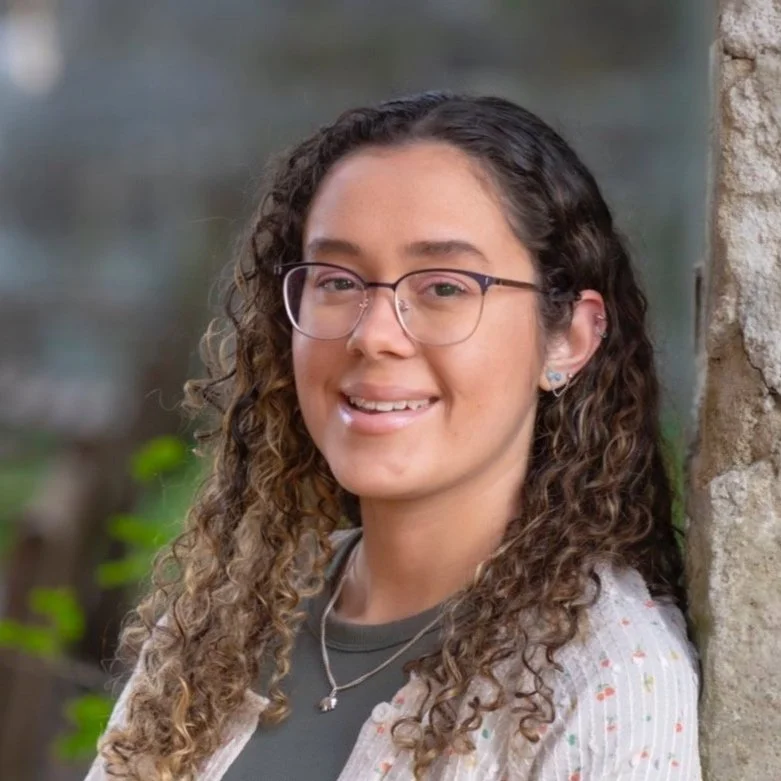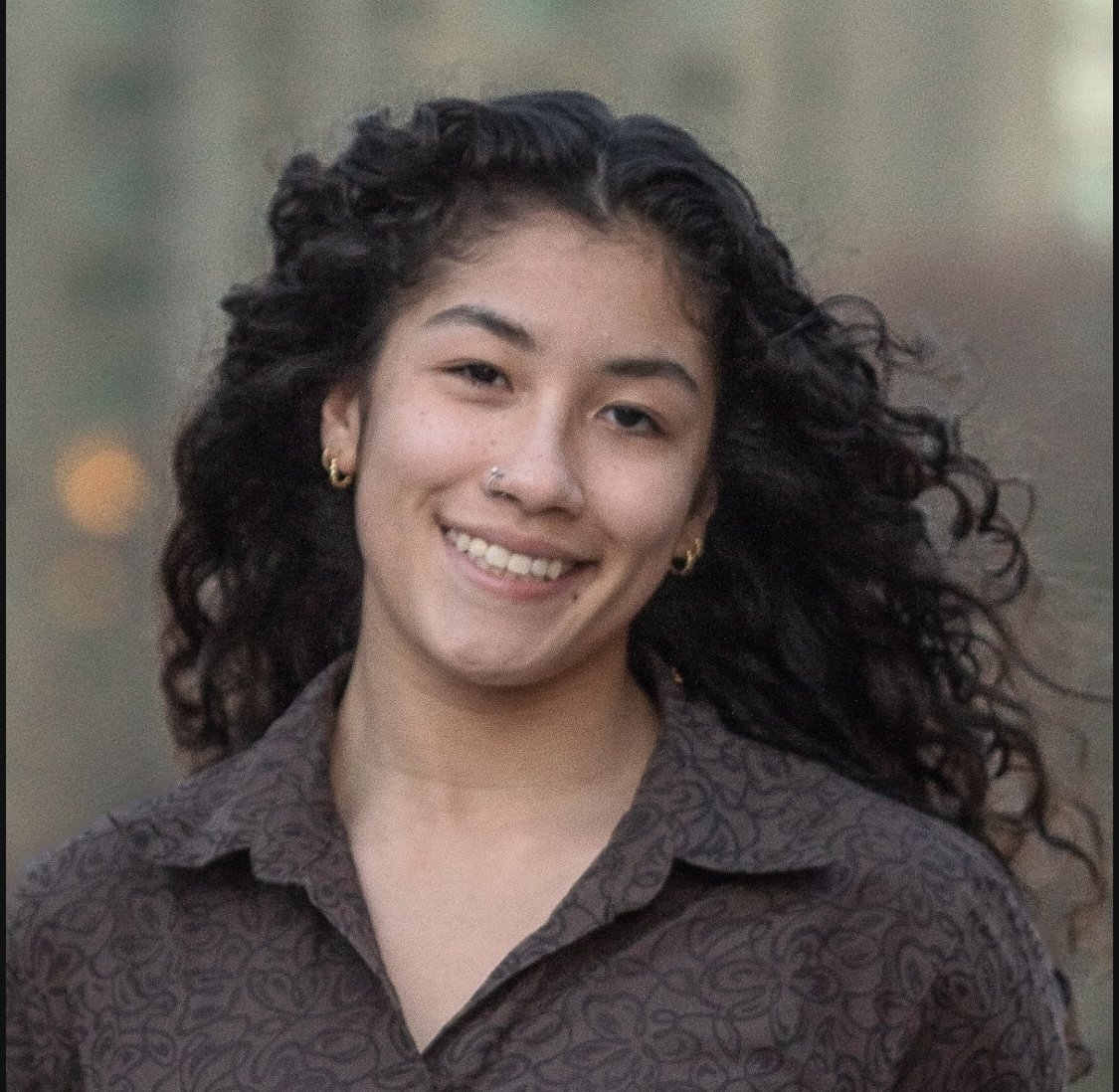Meet the Team
We are actively recruiting undergraduate students, and postdoctoral scholars for Spring 2025.
Interested in joining the team? Check our openings for details.
Bryan James, PhD
Dr. Bryan D. James is an Assistant Professor in the Department of Chemical Engineering at Northeastern University. He leads the EcoBioMaterials Design Lab focused on creating functional, sustainable, and benign materials for a safer, cleaner future by innovating at each stage of the engineering design process. He actively collaborates globally with academic colleagues, NGOs, and industrial partners, regularly engages with K-12 students and educators, and advises policymakers. Bryan has been recognized with multiple honors and awards, including being a recipient of a Sustainable Futures Initiative Early Career Postdoctoral-Faculty Bridge Grant, and being named a Rising Star in Engineering in Health, a CAS Future Leader, and an ACS PMSE Future Faculty Scholar.
Bryan was a Postdoctoral Scholar/Investigator at the Woods Hole Oceanographic Institution (WHOI), working with Mark Hahn, Collin Ward, and Chris Reddy. His postdoctoral research focused on understanding the fate, persistence, and toxicity of plastic in the ocean to inform the rational design of next-generation materials that are safe for people and the planet. Bryan received his B.A.Sc. in materials engineering from the University of Toronto in 2017 and his Ph.D. in materials science and engineering from the University of Florida (UF) in 2021. At UF, as an NIH F31 Predoctoral Fellow under the mentorship of Josephine Allen, Bryan pioneered the use of nucleic acid-collagen complexes for hard and soft tissue engineering and championed investigating sex as a biological variable in biomaterials research, identifying mechanobiological sex differences in vascular cells.
Principal Investigator (CV)
Liat Kugelmass, PhD
Dr. Liat Kugelmass received her B.A. in Chemistry from Vassar College and Ph.D. in Polymer Chemistry from Cornell University. During her doctoral program, Liat worked under the mentorship of Prof. Erin Stache, developing novel chemical recycling strategies. Liat’s research focused on leveraging the light-to-heat conversion process known as photothermal conversion as a means of reverting commercial plastics to their starting components through depolymerization. While at Cornell, Liat was the recipient of the Cornell University Graduate Fellowship, Bauer Scholarship Award, and Catalyst Safety Prize. Interested in the real-world implementation of science, Liat worked as a Senior Fellow at the Institute on Science for Global Policy, which promotes and creates opportunities for evidence-based decision-making on the world stage.
As a Postdoctoral Research Associate in the EcoBioMaterials Design Lab, Liat leverages her experience in Polymer and Organic Chemistry to reimagine polymer additives under humanity-centered design principles.
Postdoctoral Research Associate (CV)
Joelis Velez Diaz
I was born and raised in Cidra, Puerto Rico. Due to Hurricane Maria, I moved to Massachusetts in 2018, and I started my college career in 2020 at Worcester Polytechnic Institute (WPI). At WPI, I completed my Bachelor of Science in chemical engineering with a concentration in environmental engineering and a materials science minor. Additionally, knowing the importance of education and promoting STEM, at WPI, I completed the teacher preparation program as an NSF Noyce Scholar, for which I taught high school chemistry for a semester in a high-needs district. I achieved this in four years and graduated in May 2024 with high distinction. At WPI, I gained valuable research expertise through the NSF Research Experiences for Teachers (RET) program. In this program, I conducted cutting-edge research on waste-to-feedstock technologies alongside K-12 teachers in STEM, participated in professional development training to enhance STEM education, and translated my research experience into two high school chemistry lesson plans that I taught in my student teaching. My research aimed to solve global waste issues while promoting a circular economy by converting waste to energy, contributing to a sustainable future. I worked independently in Professor Michael Timko’s lab, focusing on circularizing waste streams into fuels and valuable chemical products, aligning with the United Nations’ Sustainable Development Goals (SDGs) for green energy and responsible consumption. I utilized hydrothermal liquefaction (HTL), a sustainable and more energy-efficient process than competing technologies for biocrude production.
As a climate migrant, I aim to improve the quality of life for society and protect our environment by working towards sustainability and restoration of our ecosystems while helping students see themselves as agents of change through education. For this reason, I decided to pursue a PhD in Chemical Engineering at Northeastern University. I chose their program because of the department’s values, which are reflected by its dedication to fostering an inclusive and welcoming ChemEunity (chemical engineering community). Northeastern’s global campus model will enable me to collaborate across borders, addressing the pressing need for environmental conservation and climate change mitigation. I am thrilled to be a Northeastern Chair’s Fellow, and working in the EcoBioMaterials Design Lab, conducting novel research to advance knowledge in STEM, ensure inclusion, and amplify the voices of those most affected.
Graduate Student (CV)
Kennedy Gallagher
I’m a third-year chemical engineering student pursuing a minor in global perspectives in engineering. My research interests include studying plastic degradation, particularly in 3D printing filaments, and utilizing flow-through seawater mesocosm experiments to explore environmentally relevant biodegradation processes. Outside of academics, I enjoy reading, running, cooking, and watching TV.
Undergraduate Student (CV)
Alice Goldberg
I am a third-year chemical engineering student from Honolulu, Hawai’i, with a strong passion for sustainability. My academic and research interests focus on developing eco-friendly materials and energy solutions that contribute to a cleaner, healthier planet. With a background in pharmacology, I have a comprehensive understanding of biochemical processes, which helps me analyze material interactions within biological systems.
I have contributed to research at the University of Hawai’i at Manoa’s School of Ocean, Earth Science, and Technology, where I worked on 3D modeling of lesser-known icy satellites. This experience refined my computational modeling skills and broadened my knowledge of planetary science. Through the Earth Planets ‘Ike Kuleana program, I explored fundamental geoscience concepts, such as superposition and spectroscopy. Additionally, as an intern at Oceanit Engineering Laboratories, I helped code autonomous robots designed to collect beach and water data for a coastal restoration initiative, a project that has reinforced my interest in environmental sustainability.
Currently, I am researching chitosan films and their potential role in the development of sustainable polymers with the EcoBioMaterials Design Lab. Chitosan, a biodegradable and non-toxic biopolymer derived from crustaceans, offers several applications as a sustainable alternative to conventional plastics. Outside of academics, I am on the Northeastern University’s club gymnastics team and am a founding member of Recess Room, a student organization focused on providing structured relaxation time for college students to unwind and de-stress.
Undergraduate Student (CV)
Mia Khavari
I am pursuing a combined degree in Chemical & Environmental Engineering at Northeastern University, from Bangor, Maine. In my academic pursuits, I am passionate about pursuing renewable energy, materials, and clean resource management using applications of green chemistry.
For my high school distinguished graduate project, I conducted location-dependent diet preferences in the Gulf of Maine’s common seabird species and presented in the Maine State Science Fair. The Rachel Carson Sustainability Award and US Marine Corps Music Excellence were achieved in my dedication to the high school and community’s science and music programs.
With my graduate student mentor in the Howell Biointerface Engineering Lab, I worked on developing a low-cost water quality sensor that uses diffraction properties of a nano-textured, mass-produced, acrylate-coated cellulose material. In completing research on looking into the optical properties of this material, with the help of ImageJ and grayscale analysis, pixel vs. absorbance data can be taken from the light spectrums emitted from the material, giving us information on the concentrations on certain analytes in the water.
Currently in the lab, I am working on a 3D simulation of the degradation of plastic in marine water systems with MATLAB, integrating topographical optimization for future 3D printing of sustainable plastics. Outside of school, I play in the pit band for NUStage, the university's musical theatre club, and enjoy skiing, hiking, learning languages, and cooking! I am working also as a seasonal naturalist and music director in New Hampshire during the summer seasons.
Undergraduate Student (CV)





